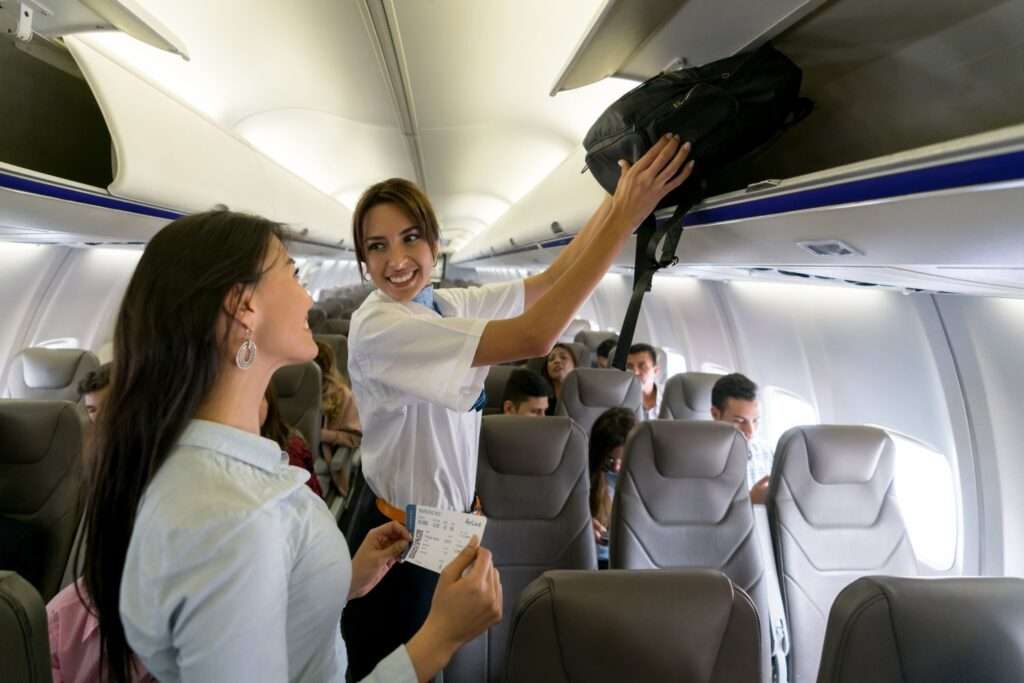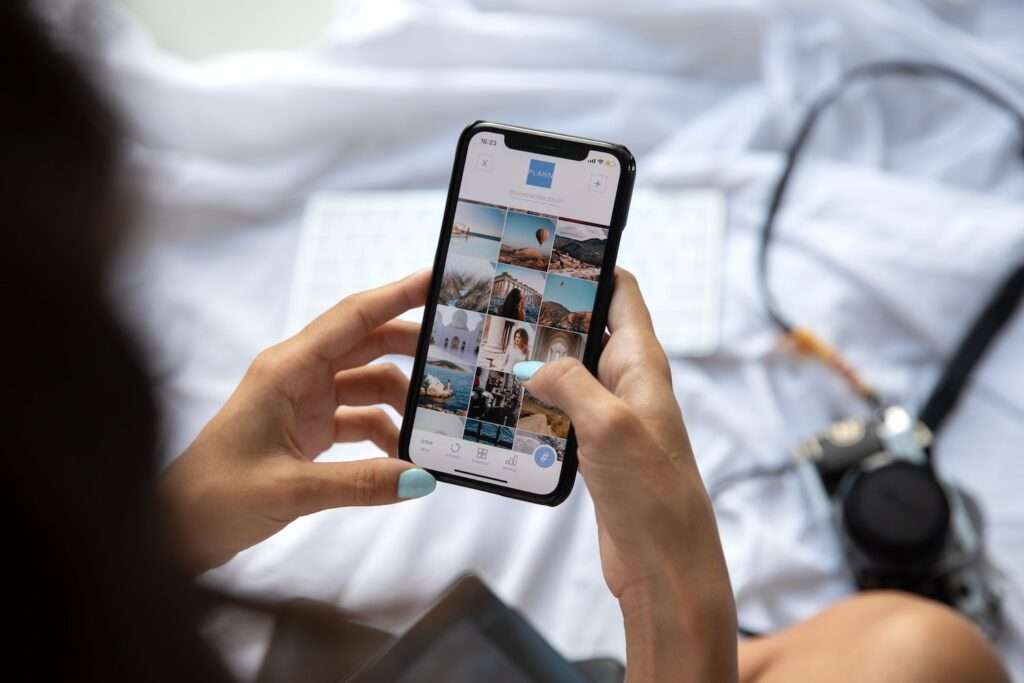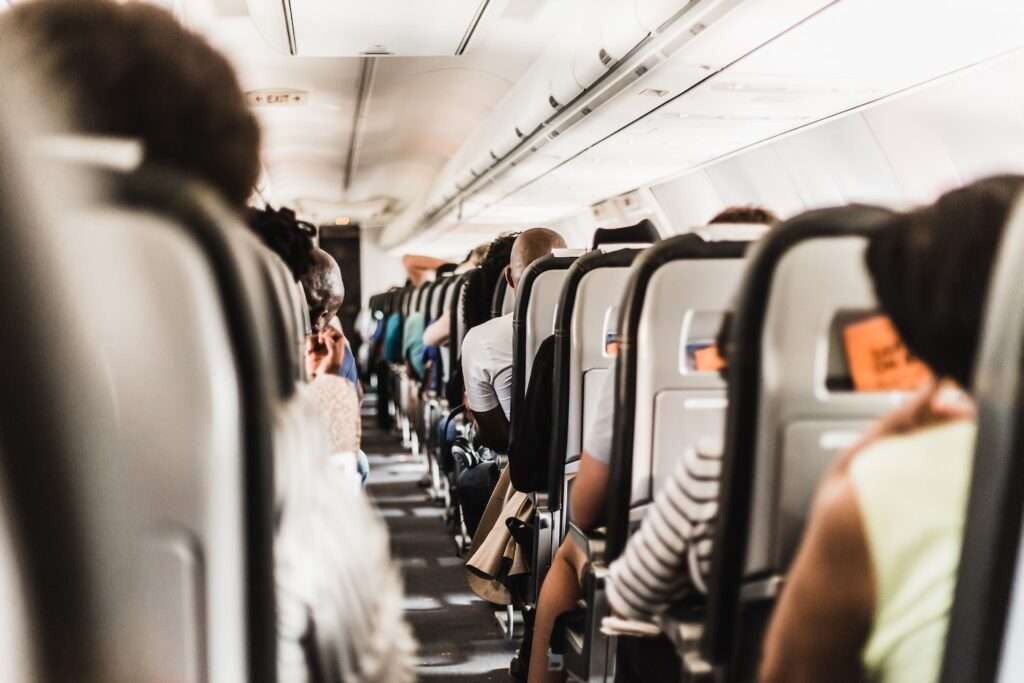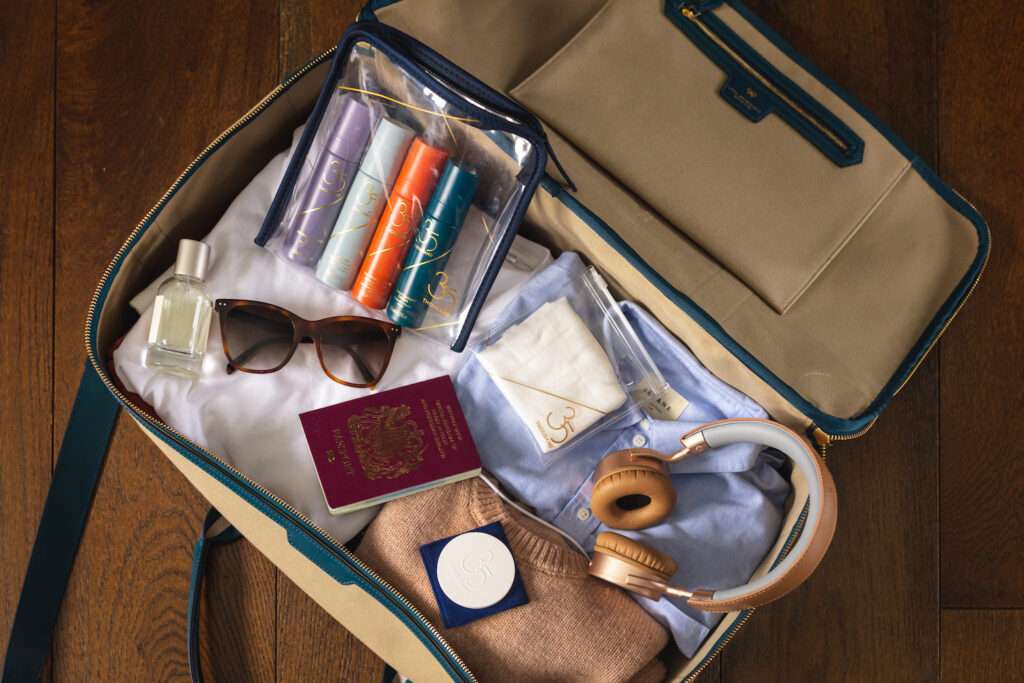Though it comes with its complications, a vacation after surgery can offer a rejuvenating travel experience. While you need to give your body the time it needs to rest and recover, your mind and spirit also need to heal from the stress of the procedure.
Once a few weeks pass—and your doctor gives you the okay to travel—take the vacation you need with these tips for post-surgery wellness travel.
1. Pay Attention to Your Body
You have to pay close attention to your body as it heals. This is especially true while travelling. Keep up with any diet and exercise that your doctor prescribed for your recovery process.
While you don’t want to strain yourself, stretching and walking around will help keep your energy up and avoid blood clots or other complications.
Make sure to stay hydrated as well. It’s easy to get dehydrated while travelling—especially if you will fly—so drink plenty of water and avoid alcohol and caffeine.
2. Take a Friend
Vacations always turn out more fun with a second person, and travelling alone with someone is one of the most important safe travel tips for after surgery.
If you travel after an operation, you want to bring a friend who knows the kind of surgery and symptoms you had. It’s important to have someone dependable to help you take care of yourself throughout your vacation.
Like with all parts of your recovery process, don’t feel afraid to ask for help if you need it. Having someone who can handle heavy luggage or drive when you feel tired can help make your trip easier on you, allowing you to focus on yourself and your recovery.
3. Take Your Time
When we travel, we often want to rush around in an effort to experience everything. Unfortunately, this often means you come back from a trip needing another vacation just to recover from the first. When you travel after surgery, it’s important to pace yourself.
Choose a couple of things to do and give yourself plenty of downtime in between them. Plan any flights so that you have time to spare during your layovers. If you drive, make your schedule beforehand, so you don’t have to spend all day sitting in the car. Remember that your priority is to relax; you don’t want to exhaust yourself while you try to have fun.
4. Pack the Right Wardrobe
It’s always a good idea to wear comfortable outfits when travelling. Tight or stiff clothing limits circulation and can keep you from resting comfortably—especially while flying or sitting in a car for a long period of time. Wear loose-fitting, breathable clothes that won’t cut off circulation or irritate any surgical scars.
These also feel more comfortable to wear over any compression garments, which your doctor may prescribe to help you on your recovery journey. While you plan outfits, pack other accessories you might need, such as comfortable shoes, a brace, or a cane, or a walker.





Your Travel After Surgery Checklist
- Consult with your healthcare provider before you travel: Before making any travel plans, it’s important to consult with your healthcare provider to ensure that you are healthy enough to travel. Your doctor can also advise on what precautions to take and what medical supplies to bring.
- Plan your itinerary carefully: When planning your itinerary, try to avoid long flights or long car rides, as they can be uncomfortable and increase the risk of blood clots. Consider breaking up your journey with frequent stops or layovers if possible.
- Pack your medications and medical supplies: Make sure to pack all of the medications and medical supplies that you need for your trip, including pain medication, antibiotics, dressings, and other medical equipment. Pack more than you think you’ll need in case of unexpected delays or changes in your plans.
- Consider your mobility needs: If you have mobility issues, consider booking an aisle seat on the plane or a ground-floor hotel room. You can also request assistance at the airport, such as a wheelchair service or priority boarding.
- Stay hydrated and eat well: Staying hydrated and eating nutritious food is important after surgery, so make sure to bring plenty of water and healthy snacks with you on your trip. Avoid alcohol and caffeine, which can dehydrate you.
- Take it easy and rest as needed: It’s important to take it easy and rest when you need to, especially if you are still recovering from surgery. Don’t try to do too much or push yourself too hard, and listen to your body’s signals.
- Purchase travel insurance: Consider purchasing travel insurance that covers medical expenses, especially if you are travelling internationally. This can give you peace of mind and protect you in case of any unexpected medical issues.
Travelling post-surgery does require more planning and preparation, but with the right precautions, it is possible to have an enjoyable, incredible trip.


